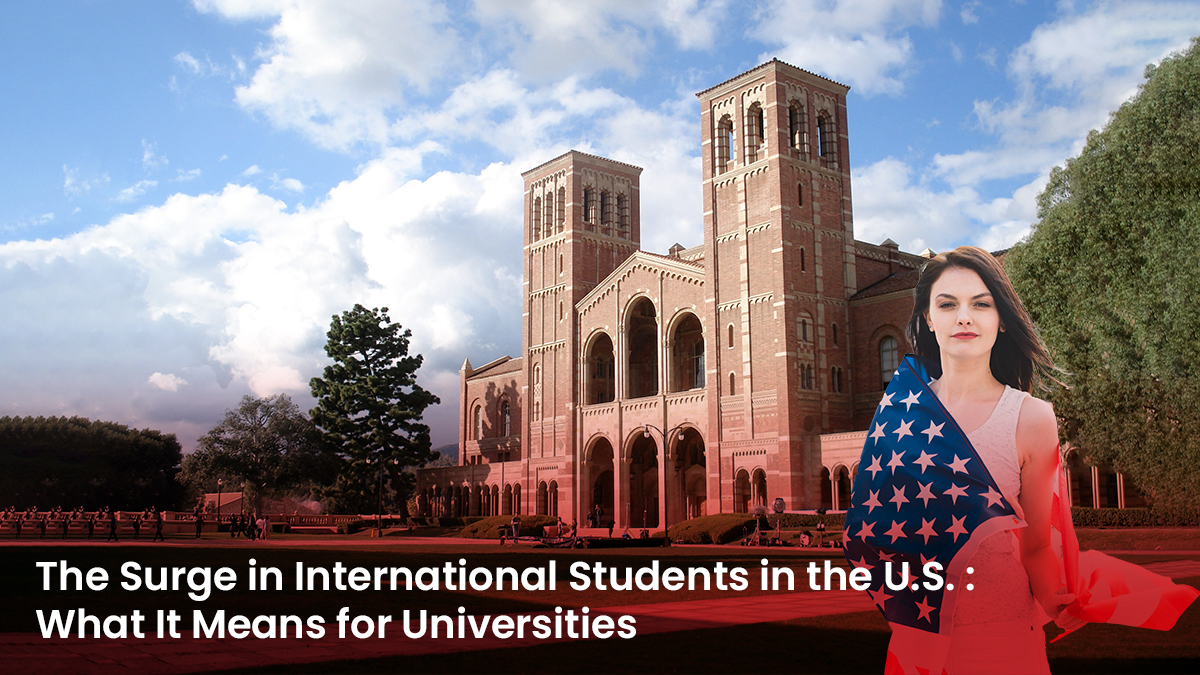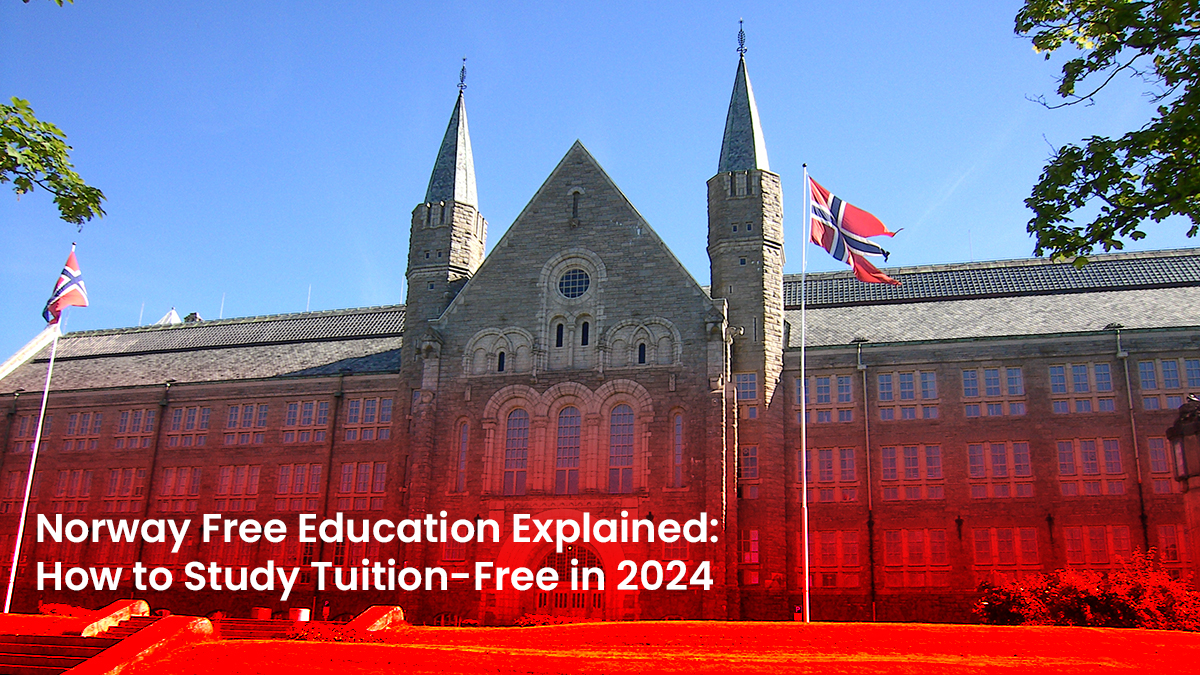The landscape of international student enrollment in the U.S. is evolving, bringing with it significant implications for universities nationwide. As institutions of higher learning, understanding and adapting to these trends is crucial for maintaining a diverse, dynamic, and thriving academic community.
This blog by MSM Unify decodes what the rising number of international student admissions means for universities in the U.S.
A Hub for Global Talent
The U.S. remains the largest destination for international students, hosting 24% of all global international students. This status underscores the country’s appeal as a premier education hub. For universities, this means a continual influx of global talent, enriching the academic environment with diverse perspectives and fostering a culture of innovation and inclusivity.
Predominance of Asian Students
With 70.4% of international students coming from Asia, China (23.8%), and India (21.8%) leading as the top countries of origin, universities must prioritize strategies that cater to these demographics. This includes tailored recruitment efforts, culturally sensitive support services, and academic programs that align with the career aspirations of these students. The significant presence of students from China and India—comprising 46% of the total international student population—highlights the need for universities to establish strong ties with educational institutions and agencies in these countries.
Academic and Career Pathways
The fact that 78% of international students pursue bachelor’s or master’s degrees, with Computer Science (7.43%) and Second Language Learning (7.28%) as top majors, suggests that universities in the U.S. should continue to develop robust STEM and language programs. By offering cutting-edge facilities, research opportunities, and industry connections, universities can attract and retain top international talent, further enhancing their academic reputation and competitiveness.
Economic Contributions and Opportunities
International students contribute significantly to the U.S. economy, adding $33.8 billion and supporting 335,423 jobs during the 2021-2022 academic year. For universities, this economic contribution underscores the importance of international students as key stakeholders. Universities must continue to advocate for policies that support international education and ensure that these students have access to necessary resources, including financial aid, scholarships, and post-graduation employment opportunities.
Regional Impacts
California, New York, and Massachusetts are the top states hosting international students, with California alone hosting 16.5% of the total. Universities in these states must invest in infrastructure and services to support this significant population. Additionally, institutions in other states can learn from these leading states to enhance their own international student programs and attract a larger share of this valuable demographic.
Future Growth and Strategic Planning
The projected 4.2% annual growth in international student enrollment until 2030, with India expected to be the top source market, presents both opportunities and challenges. Universities must engage in strategic planning to accommodate this growth, which includes expanding recruitment efforts, enhancing student services, and fostering an inclusive campus culture. Understanding the motivations of international students—such as the ability to live and work in the U.S. after graduation—can help universities tailor their programs and support systems to meet these needs effectively.
Summing up, for U.S. universities, the evolving landscape of international student enrollment presents an opportunity to reinforce their global standing and impact. By recognizing the trends and adapting to the needs of international students, universities can enhance their academic offerings, support services, and campus life, creating a welcoming and enriching environment for all students.












